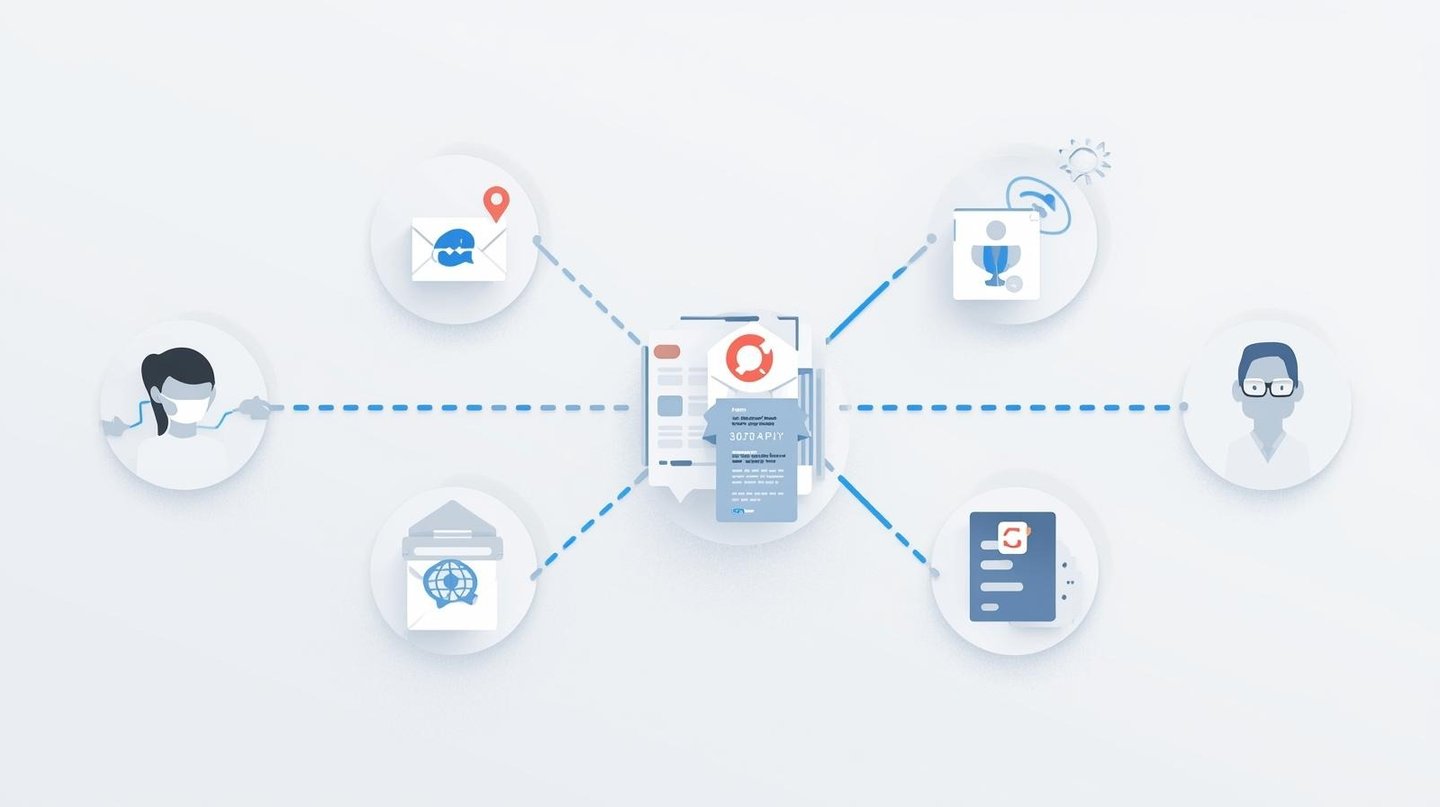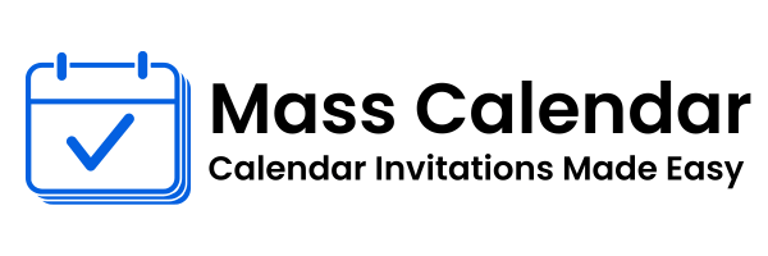Simplifying Bulk Meeting Invitations for Modern Teams
The modern workplace thrives on collaboration. From small team check-ins to large-scale company announcements, meetings play a central role in keeping everyone connected. But as teams grow, sending invitations one by one becomes impractical. This is where understanding how to send mass calendar invite or distribute bulk invitations comes into play.
BLOG
9/24/20252 min read


The modern workplace thrives on collaboration. From small team check-ins to large-scale company announcements, meetings play a central role in keeping everyone connected. But as teams grow, sending invitations one by one becomes impractical. This is where understanding how to send mass calendar invite or distribute bulk invitations comes into play.
Efficient scheduling helps professionals save time, reduce errors, and improve participation critical benefits for today’s fast-paced environment.
Why Bulk Calendar Invites Are a Game-Changer
Large organizations often juggle multiple projects, events, and virtual sessions. Sending bulk invitations ensures:
Consistency: Everyone gets the same meeting link and agenda.
Time-saving: Organizers avoid repetitive, manual work.
Scalability: Whether for 20 or 2,000 participants, the process remains smooth.
The ability to send mass meeting invites in Outlook or Gmail ensures no one is left out and schedules remain unified.
Managing Invites in Office 365
Many companies rely on Office 365 for enterprise scheduling. Knowing how to handle mass meeting invites in o365 makes it easier to coordinate cross-departmental communication. By using distribution lists, shared calendars, or recurring events, professionals can streamline workflows.
Additionally, the use of bulk calendar invites in o365 is particularly effective for quarterly meetings, annual reviews, or company-wide updates.
Outlook’s Role in Bulk Scheduling
Outlook is one of the most popular calendar tools for enterprises. The option to send bulk meeting invite in Outlook gives organizers the flexibility to handle everything from routine team syncs to executive briefings.
Moreover, the ability to create large-scale events and reminders means professionals can easily manage mass calendar invite in Outlook for training programs, conferences, or customer-facing events.
How Gmail Simplifies Bulk Scheduling
For startups or smaller teams, Gmail is often the preferred platform. With group email integration, it’s simple to send bulk meeting invites in Gmail and ensure everyone receives consistent details. Gmail’s lightweight design makes it practical for both recurring meetings and one-time events.
Key Challenges in Bulk Invites
While bulk scheduling is efficient, it does come with challenges:
Conflicting time zones can create confusion.
Participants may overlook multiple invites if they’re not well-organized.
Calendar overload can lead to disengagement.
These hurdles emphasize the need for thoughtful planning and careful execution.
Best Practices for Sending Mass Invites
Keep event descriptions short but detailed enough.
Use calendar reminders to ensure attendance.
Always confirm links and attachments before sending.
Avoid sending duplicate invitations that clutter inboxes.
When to Use Mass Invites
All-hands company updates.
Training programs across departments.
Webinars for large audiences.
Client-facing presentations with multiple stakeholders.
Conclusion
Sending out bulk invitations doesn’t need to be complicated. Whether you’re handling send mass meeting invite processes for a corporate event, or scheduling send bulk meeting invites in Gmail
for a smaller team, the principles remain the same: clarity, consistency, and efficiency.
By mastering these methods, professionals can reduce stress, improve communication, and make sure that every meeting counts.
MassCalendar.in
Send Bulk & Mass Calendar Invites Instantly
CONTACT
Meetings
+44 (0) 203 916 5117
© 2025. All rights reserved.
Help?
